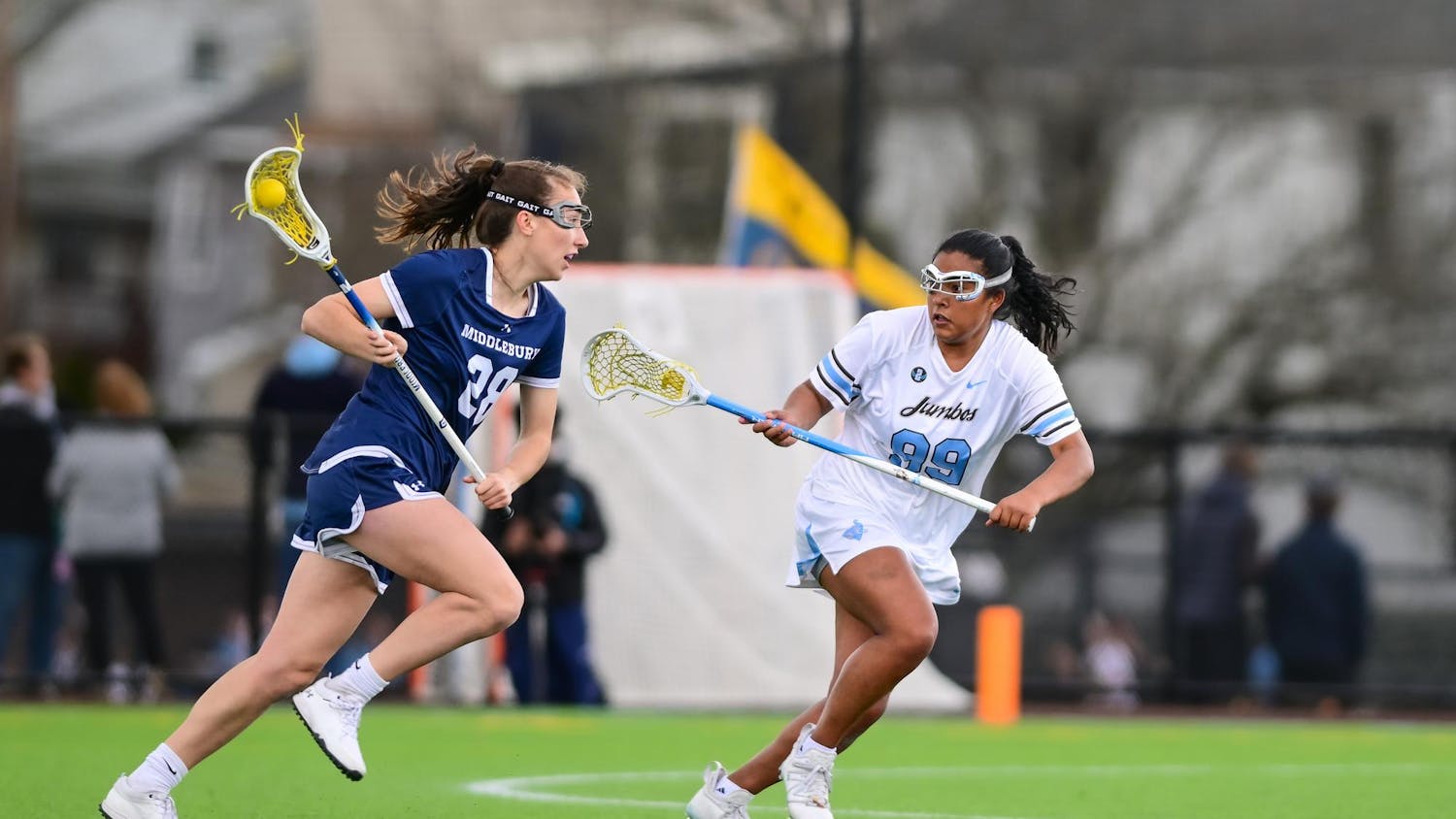Remember when star baseball sluggers Bryce Harper and Manny Machado dominated free agency talk all winter long, waited eons, and finally signed massive, $300 million-plus contracts with the Phillies and Padres respectively? Yeah, me neither. Both teams missed the playoffs and the baseball world moved onto a new pair of million dollar darlings in Gerrit Cole and Anthony Rendon, both of whom signed similarly massive contracts this past off-season.
In honor of football ending and everything being worse, I want to turn my attention to the coming baseball season. My way of starting that is to air my grievances about one of baseball’s most splashy off-season occurrences: massive multi-year contracts totaling hundreds of millions of dollars over countless years.
I do not agree with a single contract handed out in this regard. Committing to an athlete at the highest level for a span of time surpassing five years is extremely risky. Careers turn on a dime, and unforeseen injuries and developments can easily crop up when players are subjected to the grueling routines of their sport for years on end.
Is baseball different? To a degree, there might be more longevity for an average baseball player. The average retirement age is far higher than in football, and many players retire later than their counterparts in the NBA and NHL. But baseball is a game of numbers. Batting average, home runs, power hitting metrics, fastball speed, all of it is subject to harsh regression. What baseball gains in a potentially higher average retirement age, it loses in statistical consistency for the vast majority of players.
Contracts as large as Harper’s or Machado’s are the product of the right place at the right time. Players are paid for hitting free agency after an ideal season in an ideal market, where there are enough teams that blend competitive standing, money available and positional need. Far more deserving players could get snubbed for not even half as much, while far less deserving players can have money thrown on them in desperation.
Now don’t get me wrong — I am 110% an advocate for player empowerment in professional sports. Athletes deserve the financial security of multiyear contracts, and more often than not the contracts handed to them are appropriately rewarding. But franchises in baseball take immense risks that are rarely met with reward when they put such massive financial stakes into one or two individual players. The only teams bearing such massive contracts I expect to be good are the ones that already throw boatloads of money at all their assets, regardless of luxury tax implications.
More from The Tufts Daily





